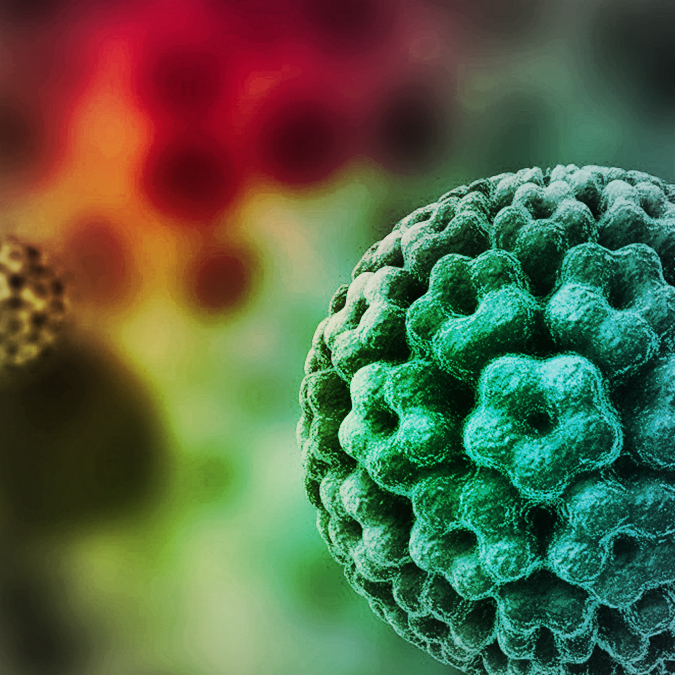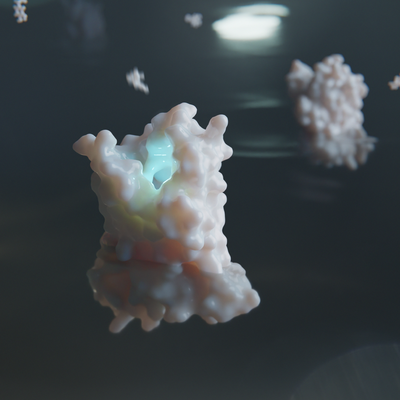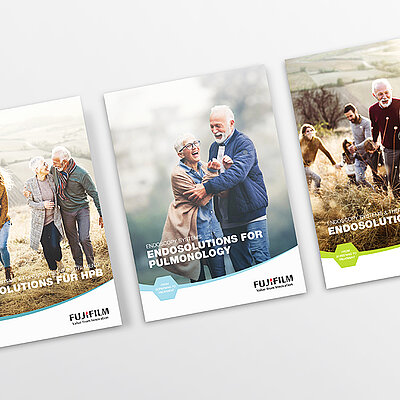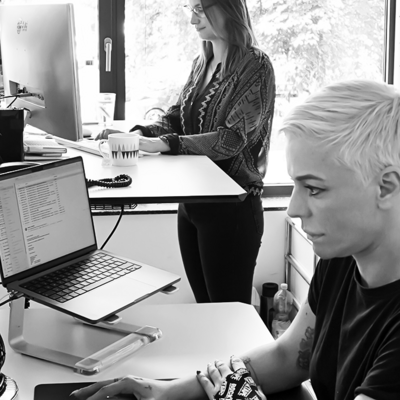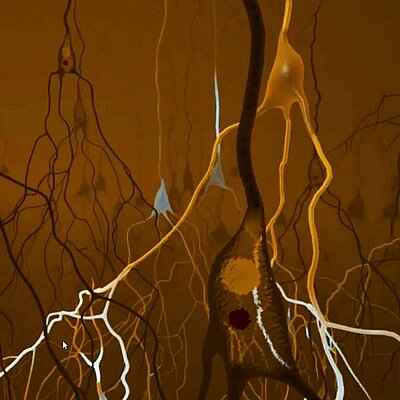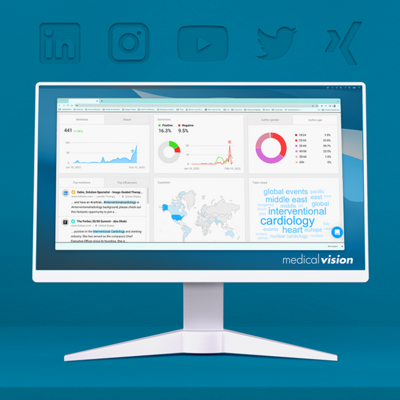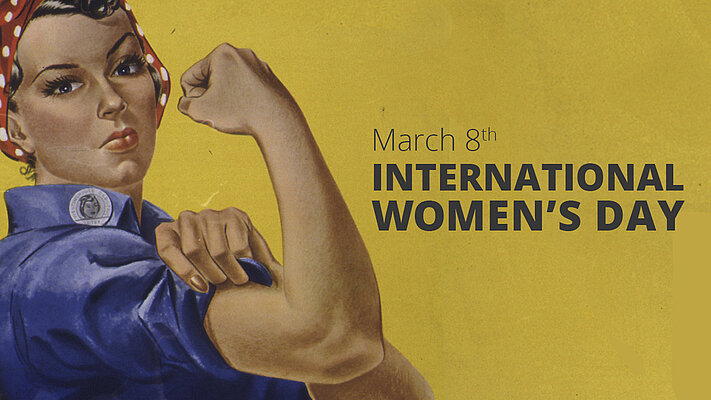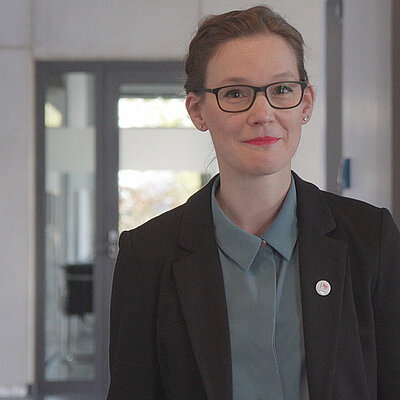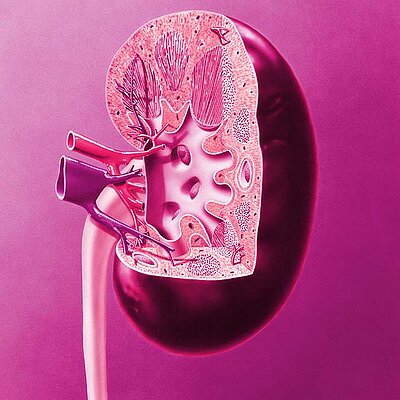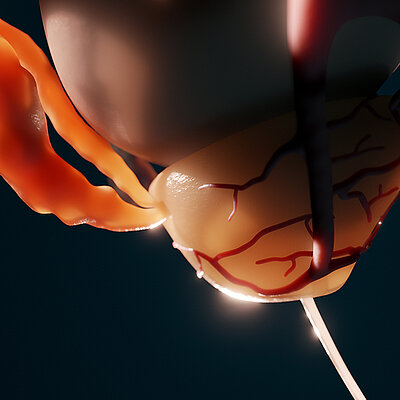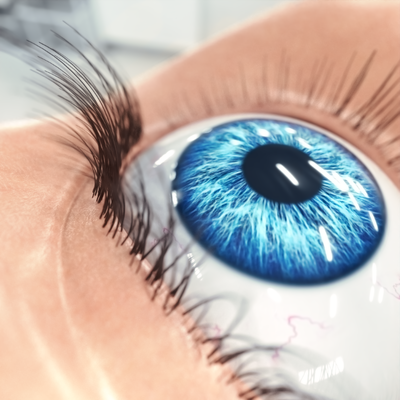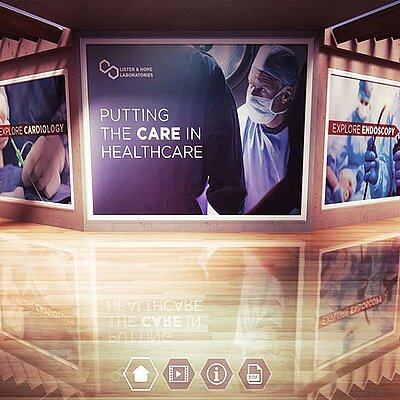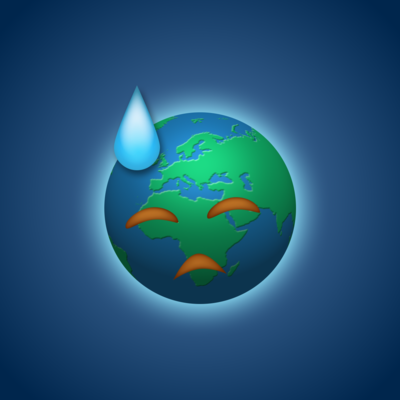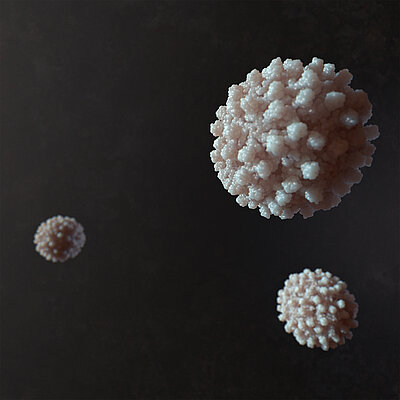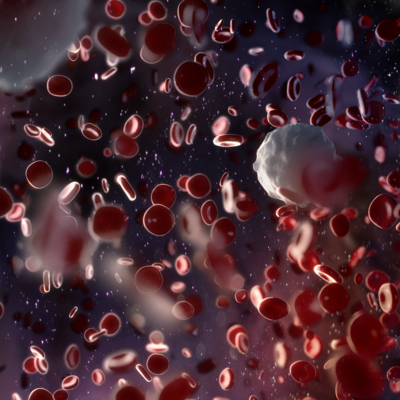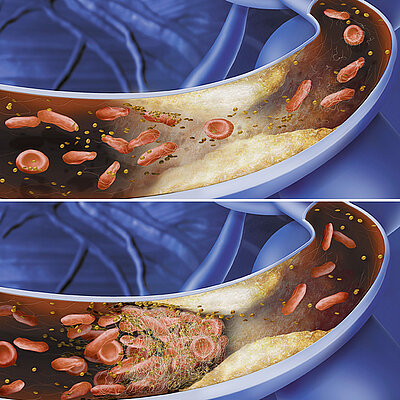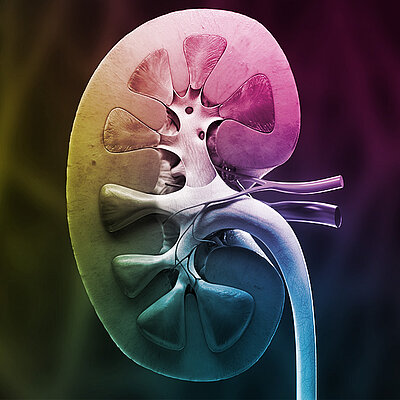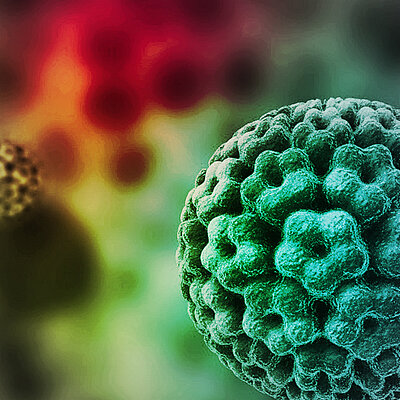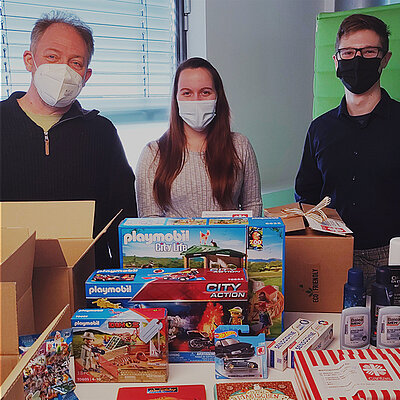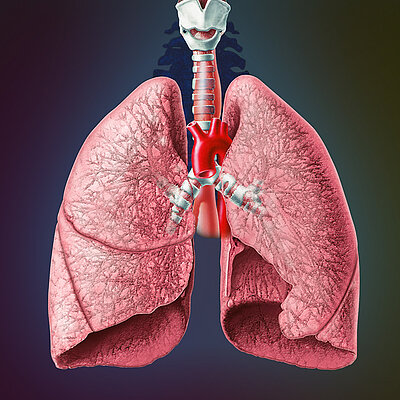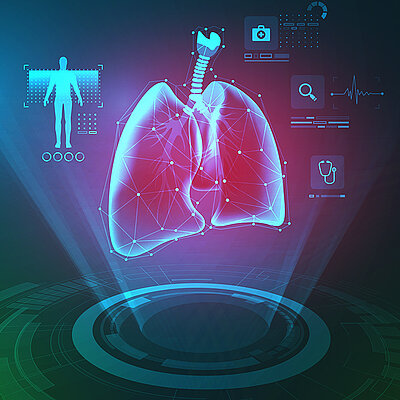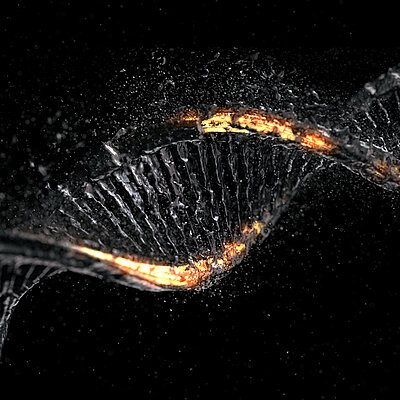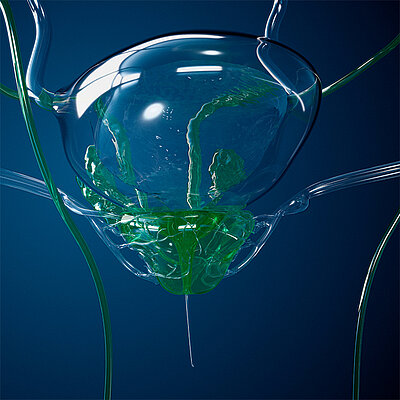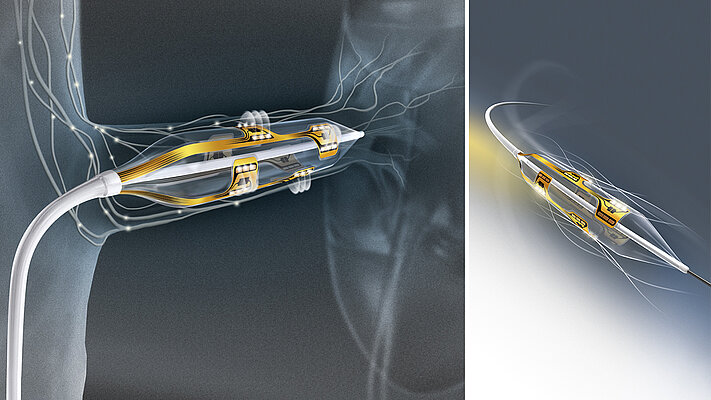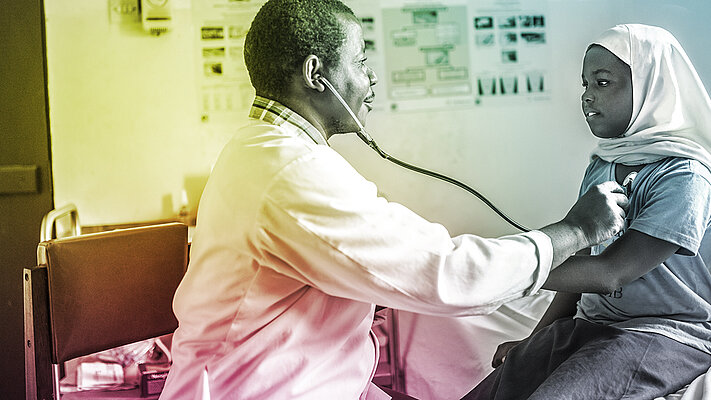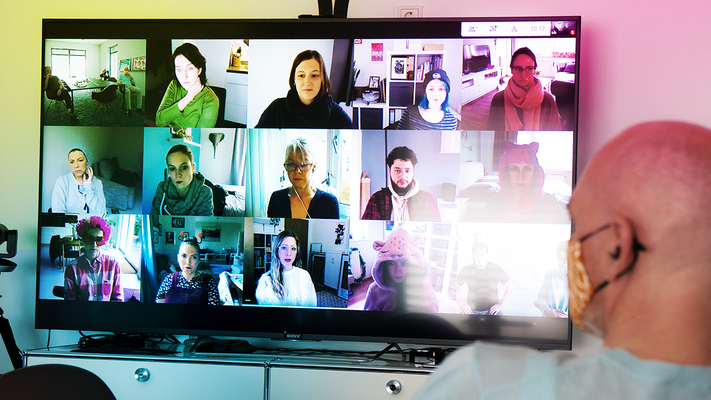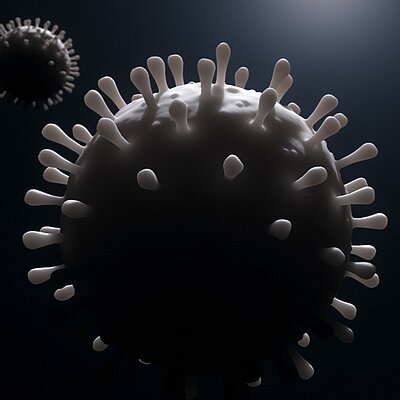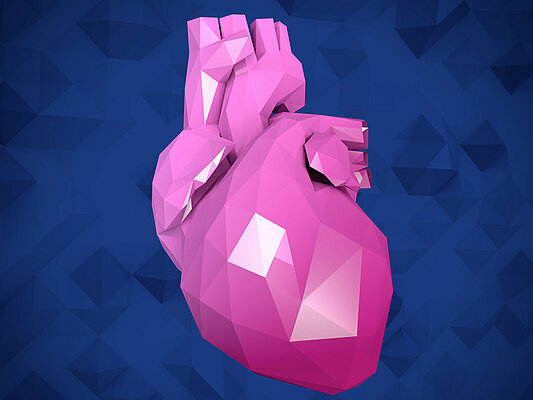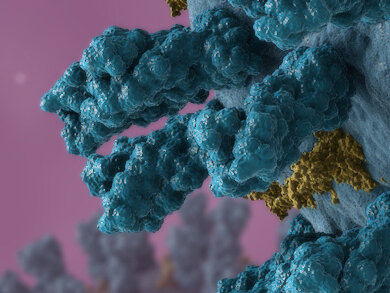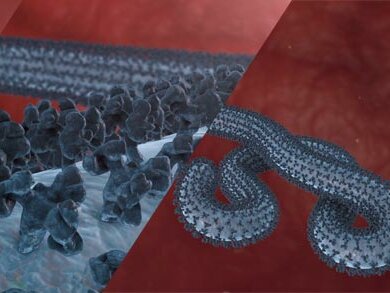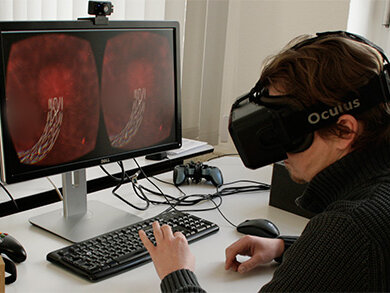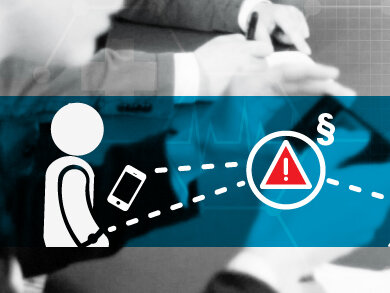HPV Awareness
Did you know that HPV (Human Papillomavirus) is the most common sexually transmitted disease (STD) in the United States? According to data from 2018, nearly 43 million people in the U.S. are infected with HPV. And the NHS (the UK Government health authority) says that most people will get some type of NPV in their lifetime. If you are one of them, it's important to learn about it and what you can do to protect yourself from its effects. In this post, we will tell you what you should know about the HPV virus: what it is, how it is spread, and the health risks it poses.
WHAT IS HPV?
HPV is a virus that can cause genital warts as well as various types of cancer including cervical cancer. There are more than 100 different strains of HPV, and some are more harmful than others. The most common strains of HPV are those that cause genital warts.
HOW IS HPV SPREAD?
HPV is spread through sexual contact. It can be transmitted through skin-to-skin contact or contact with bodily fluids, such as semen and vaginal secretions. It is important to note that you can contract HPV even if your partner has no signs or symptoms of HPV. HPV can also be spread from mother to child during childbirth.
DOES HPV CAUSE CANCER?
In about 9 out of 10 cases HPV will go away on its own within two years without health problems. But if HPV does not go away it can lead to serious health problems, among those is cancer. Cervical cancer is the most common cancer caused by HPV. However, HPV can also cause cancers of the vagina, penis, anus, and throat.
WHAT IS THE HPV VACCINE AND SHOULD I GET IT?
There are steps you can take to protect yourself from HPV-related cancers. The best way to protect yourself against infection is to get vaccinated against the virus. The HPV vaccine is a vaccine that protects against the most common strains of HPV. It is recommended for both girls and boys, starting at age 11 or 12. The HPV vaccine is important because it can help prevent cancer caused by HPV.
If you are concerned about the HPV vaccine, talk to your doctor. They will be able to answer your questions and help you decide if the HPV vaccine is right for you.
WHAT CAN I DO TO AVOID GETTING HPV?
There are other things you can do to reduce your risk of exposure such as using condoms. If you are a woman between the ages of 21 and 65 get regular screenings for cervical cancer. If you think you may have been exposed to HPV, it's important to see a doctor as soon as possible. There is no cure for HPV, but there are treatments available that can help lessen the symptoms and reduce the risk of complications.
MARCH 4th IS HPV AWARENESS DAY
Since it is a common virus, it's important to raise awareness on HPV Awareness Day. This day is dedicated to educating people about this virus and its dangers. You can also get tested for the virus and learn about available treatments.
Remember, knowledge is power!
If you have any questions about HPV or would like more information about it contact your doctor or visit one of the links below for more information.
https://www.who.int/news-room/fact-sheets/detail/cervical-cancer
https://www.cdc.gov/std/hpv/stdfact-hpv.htm

